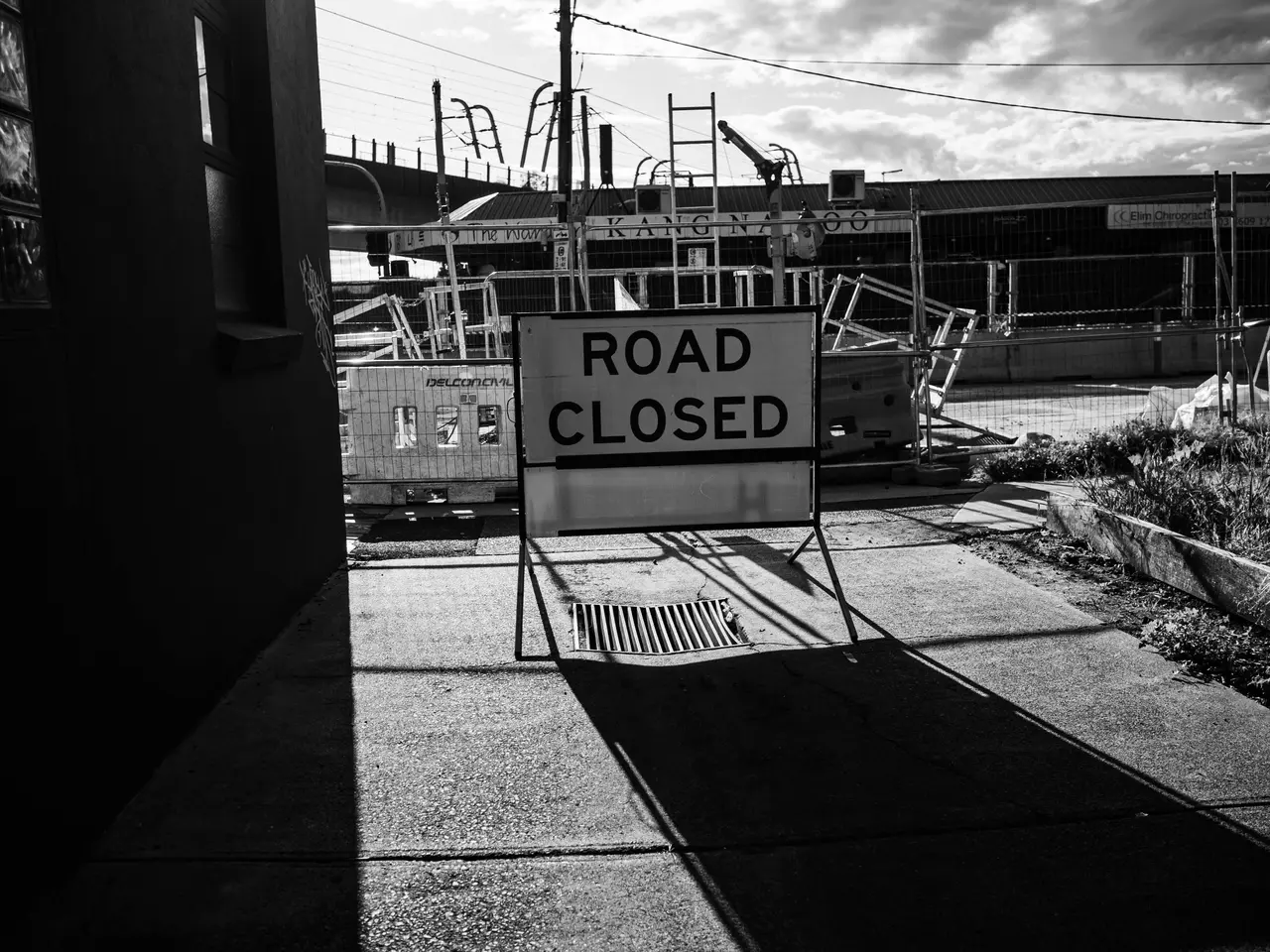Current standing of Kazakhstan's real estate market: insights and analysis
From Skyrocketing Housing Prices to Affordability Crisis in Kazakhstan
Let's discuss the unfolding housing market scenario in Kazakhstan, as per the insights shared by Serik Zhumanazarov, Chairman of the Agency for the Protection and Development of Competition.
Zhumanazarov painted a picture of instability and volatility in the housing market, with primary housing prices skyrocketing by an incredible 5.5% from January to April 2021, contrasting the meager 1.5% growth in the same period the previous year. secondary housing prices followed suit, surging by 12.3%, up from a mere 2.2% growth in 2020.
This arena has witnessed a whopping 2.5 times increase in the number of purchase and sale transactions from January to April, compared to the same period last year, with a total of 175,040 contracts sealed this year.
Zhumanazarov attributes these factors to the measures taken by the country's leadership and the substantial increase in construction material prices. He pointed out that despite the escalating housing prices, the transaction volume has surged remarkably.
While the rise in housing prices has been significant, it's essential to note that the prices for domestic construction materials have experienced a hefty 16% increase since the beginning of the year, contrary to the decrease experienced in 2020. To counteract this trend, the Agency has signed 10 compliance agreements with developers, resulting in a decrease in prices in various cities. For instance, the price for a square meter in Shymkent dropped from 330,000 tenge to 270,000 tenge, while in Kostanay, the price plummeted from 245,000 tenge to 230,000 tenge.
As we delve deeper into the situation, it appears that Kazakhstan's escalating housing prices can be attributed to a multitude of factors, some of which have surfaced in statistical data extending through 2015 and 2023.
While detailed 2021 figures aren't explicitly provided in the sources, we can infer underlying drivers and transactions impacts from documented trends:
- Inflationary pressures: Rising inflation rates, projected to reach 10-12% by 2025, can erode purchasing power and lead to higher nominal housing prices.
- Supply constraints: Limited housing stock, especially in cities like Almaty and Astana where prices drastically increased between 2001-2015, likely persisted through 2021.
- Policy factors: Previous regulatory gaps, such as speculative investment in the absence of rental alternatives, may have contributed to the housing price surge.
These structural issues, combined with monetary tightening, likely dampened market activity compared to price growth during this period.
From affordability barriers affecting lower-income households and rural communities to the impact of rising interest rates on mortgage costs and economic resilience, it's safe to say that Kazakhstan's housing market remains in the grip of an affordability crisis – a problem that continues to unfold on the housing pages of the country.
- Serik Zhumanazarov, the Chairman of the Agency for the Protection and Development of Competition, has highlighted the growing instability in Kazakhstan's housing market, with primary and secondary housing prices rising significantly from January to April 2021.
- Zhumanazarov attributes the skyrocketing housing prices to the measures taken by the country's leadership and the substantial increase in construction material prices, yet the transaction volume in the housing market has surged remarkably.
- Despite the unreasonable increase in housing prices, the prices for domestic construction materials have experienced a hefty 16% increase since the beginning of the year, which is contrary to the decrease experienced in 2020.
- Investing in Kazakhstan's real-estate market appears to be challenging for personal finance due to the increasing housing prices, and the affordability crisis in the country continues to unfold.
- Concurrently, factors like inflationary pressures, supply constraints, and policy factors have contributed to the affordability crisis in Kazakhstan's housing market, with signs of continued worsening through 2023.




